Remembering ‘The Shining’
November 3, 2020
Stanley Kubrick’s The Shining was released in theaters on May third, 1980, marking 2020 as the 40th anniversary of cinema’s most frightening experiences. Despite its significant popularity today, the horror classic’s initial release received mixed reviews from critics and audiences alike, with it being nominated for two Razzie awards: Stanley Kubrick for “Worst Director” and Shelley Duvall for “Worst Actress.” The film wasn’t recognized for its masterful filmmaking until a few decades later, establishing itself as the most prominent cult classic among the film industry. Today, many view The Shining not only as a good movie, but a masterpiece of cinema.
The Shining opens with a menacing score drowning out any sense of life within the picture, hovering over the whispering trees of Colorado, establishing an eerie, mysterious force following our protagonists – Jack (Jack Nicholson), Wendy (Shelley Duvall), and Danny Torrance (Danny Lloyd) – as they approach the Overlook Hotel in the dead of winter.
John Alcott’s stunning cinematography allows the audience to be a part of the world Kubrick envisioned, with every frame existing for a specific purpose adding to the sense of perspective. Inspired by David Lynch’s Eraserhead, Wendy Carlos and Rachel Elkind’s terrifying yet subtle score is wonderfully accompanied by the impeccable sound design through which the story is told. This is elevated to an even further degree with the off-putting, iconic performances by Jack Nicholson and Shelley Duvall.
Nicholson transforms from a calm and peaceful writer into a deranged maniac over the course of the film, but we are never quite sure what drives him this way. Is he a psychopath? Did Torrance succumb to the evil that lurks within the shallow halls of the hotel? Is this really happening? Rather than directly telling us the answer, The Shining leaves it up to the audience to decide.
Duvall offers a necessary counterbalance to Nicholson’s crazed performance as quiet and innocent, representing the audience through her emotions and actions against the horrors of the Overlook. It is her fundamentally realistic portrayal of the character that makes us believe that the events are not a figment of the characters’ imaginations, but are really happening throughout the duration of the experience.
Kubrick’s horror masterpiece remains a cult classic in the vein of cliched modern horror films that lack a sense of creativity and inventiveness. Similarly to the effect that 2001: A Space Odyssey had on the science fiction genre, The Shining completely and utterly reshaped not only how horror films should be made, but how horror films should be experienced. Stanley Kubrick is arguably the greatest filmmaker of all time and his cultural impact is what separates him from others. Modern directors will never match Kubrick’s effect not only on cinema, but on society as a whole.
The Shining is not only an important film, but a rare and transcending cinematic experience for which modern filmmakers should strive to create.
Verdict: 5 out of 5 stars





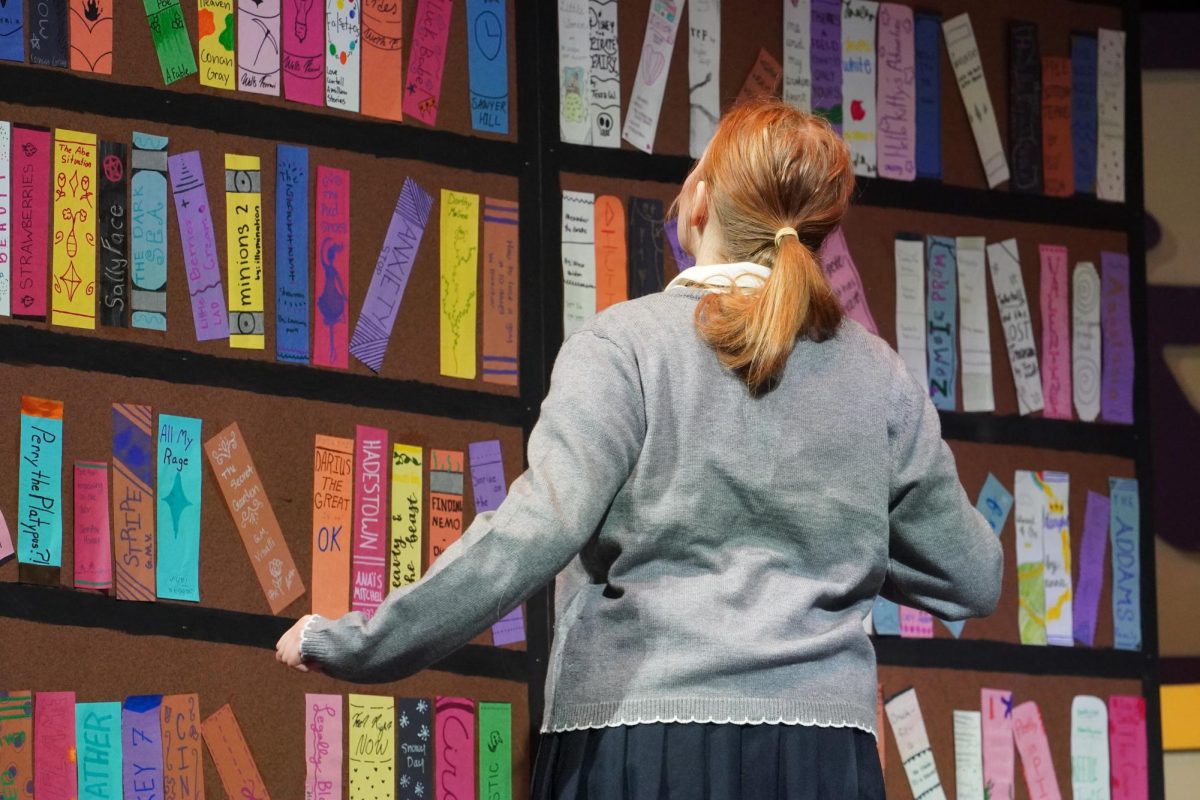






















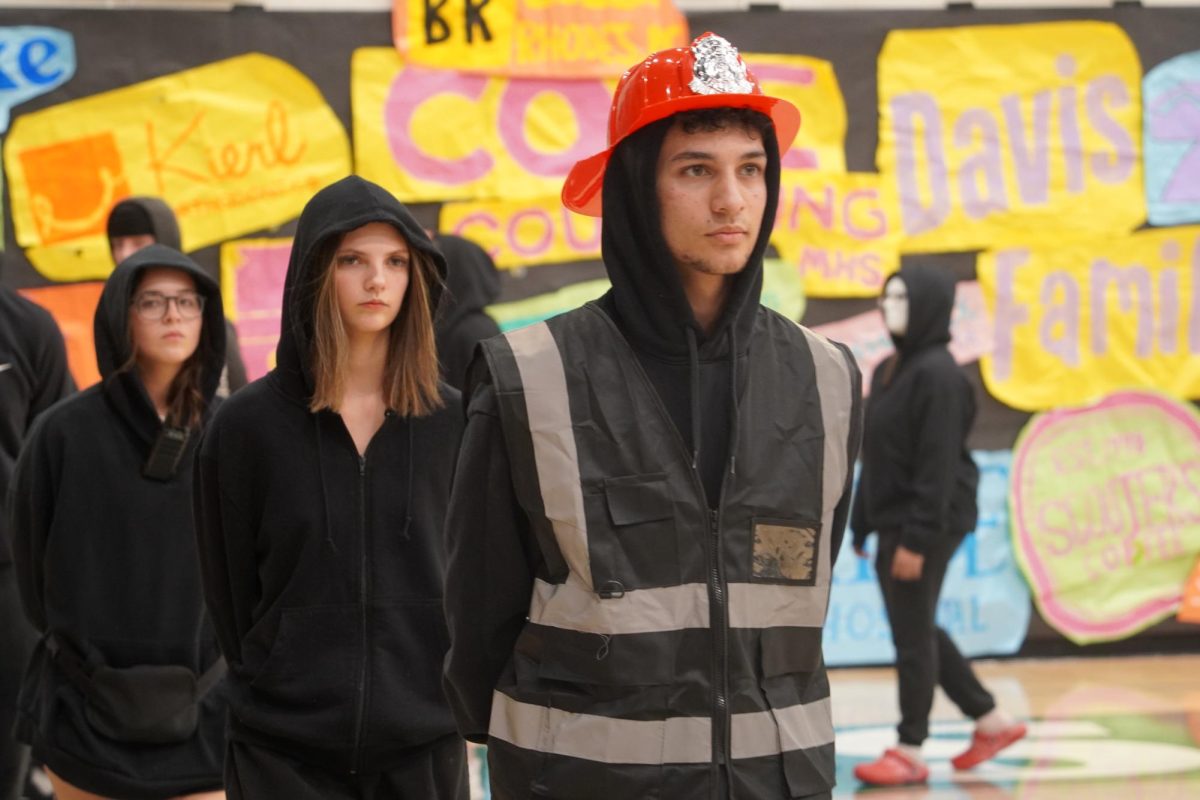

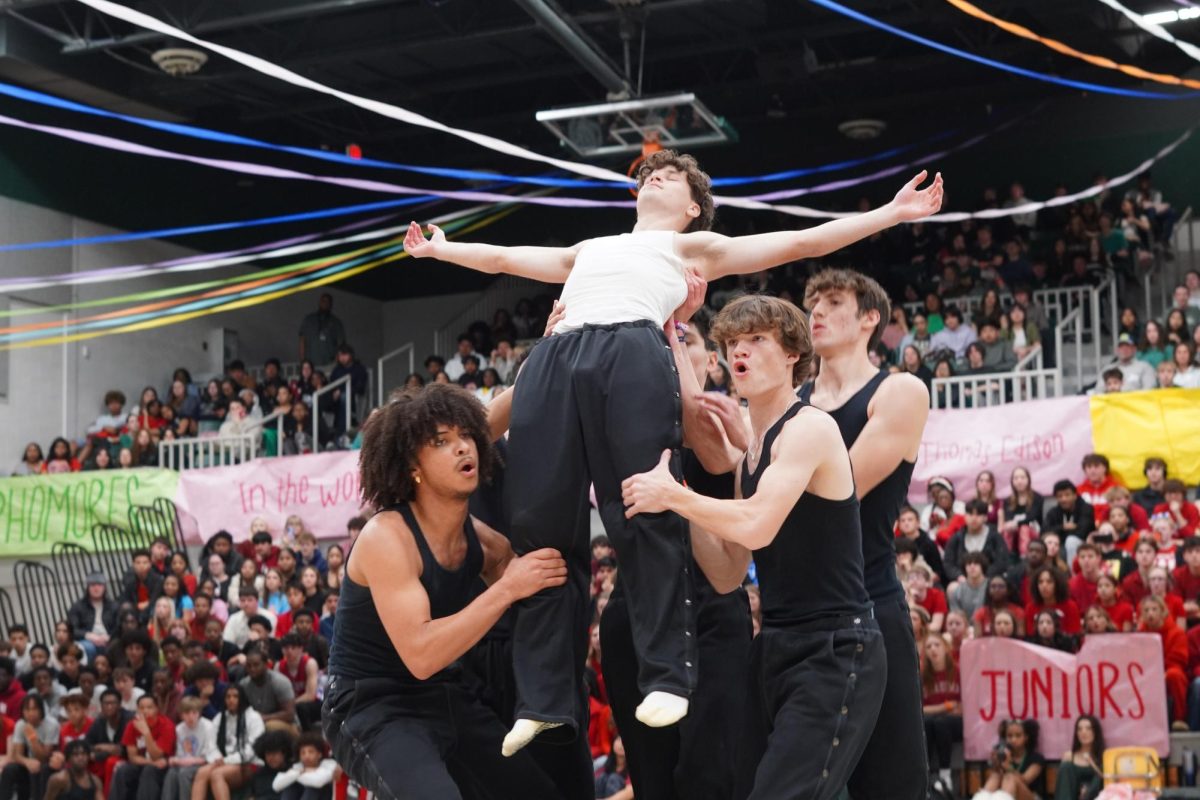


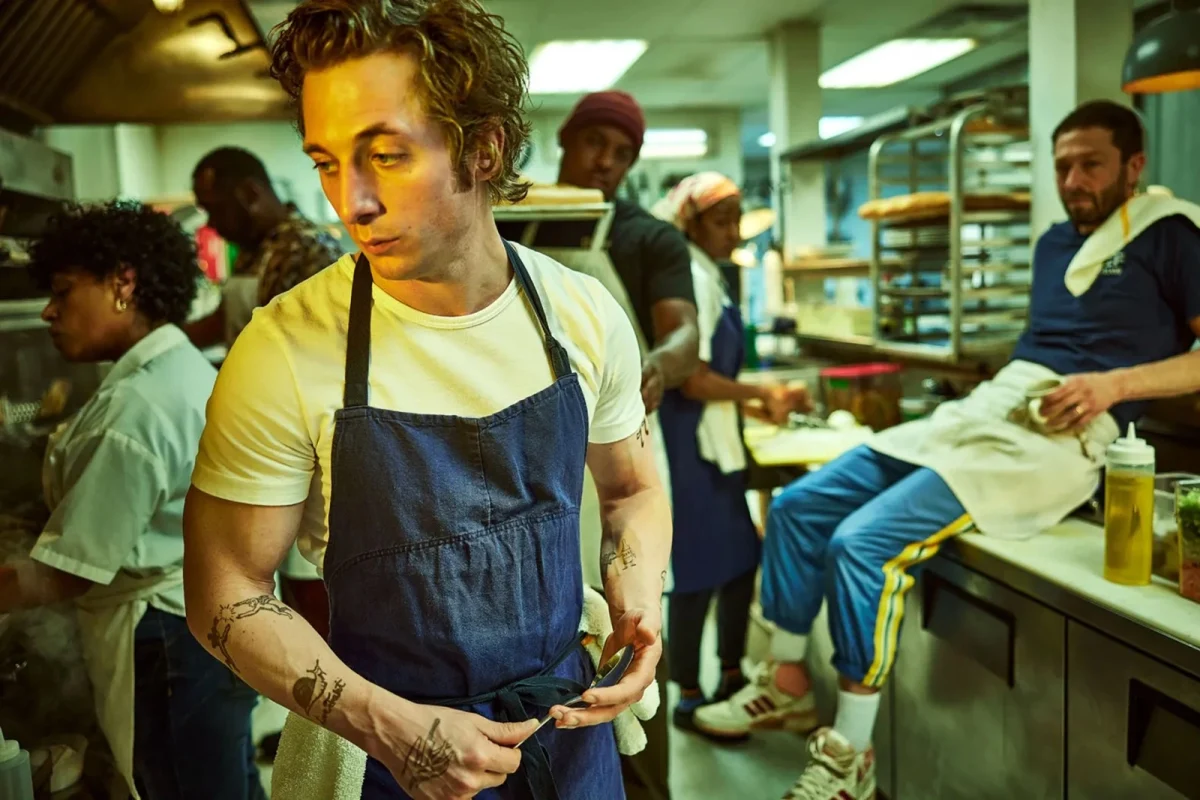
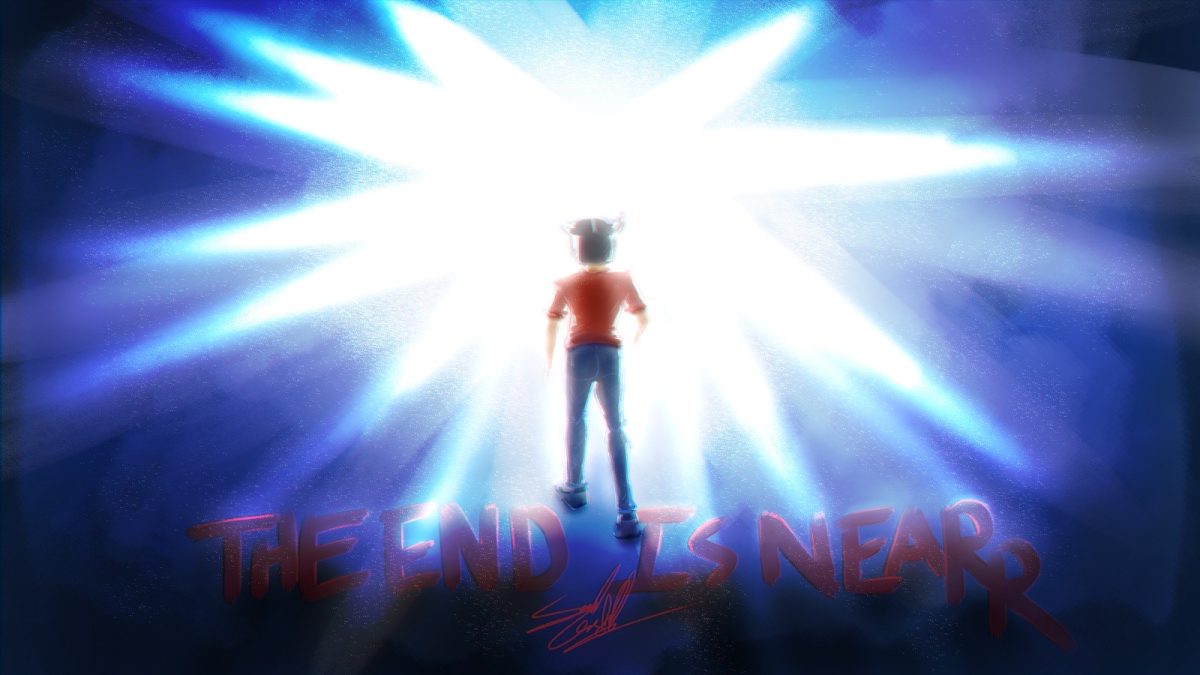
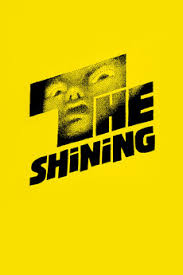
Jamal Rasem Saadah • Nov 4, 2020 at 8:52 pm
What an excellent rendition of an amazing film. Proud of you Yezen. Job well done!